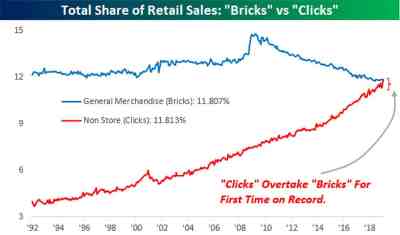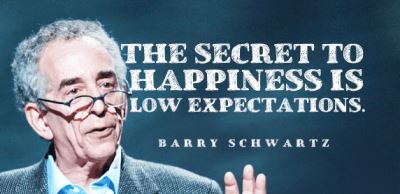I very much like this post by Valeria Maltoni which reminds us a great truth! ‘Mistakes Happen. It’s What we do With them that Makes a Difference‘ In my mind it is a bit similar to the old saying that the worth of a sea captain is only to be seen in a storm.

We all make mistakes, some more important than others. The issue is how we respond when we realize it. Do we pretend not to notice? Do we try to hide it? Do we spend too much time bashing ourselves on the fact we have made a mistake? Do we own the mistake, apologize, and sort it out?
In this area like in many others, I believe of course that owning it and responding to it properly (not reacting to it) is the right way. And also, as Valeria reminds us, people will remember us more about how we respond to our mistakes than in the normal course of life.
Thus, in terms or trust and reputation, the situation where we have to respond to mistakes is a defining moment. How do you define yourself?











